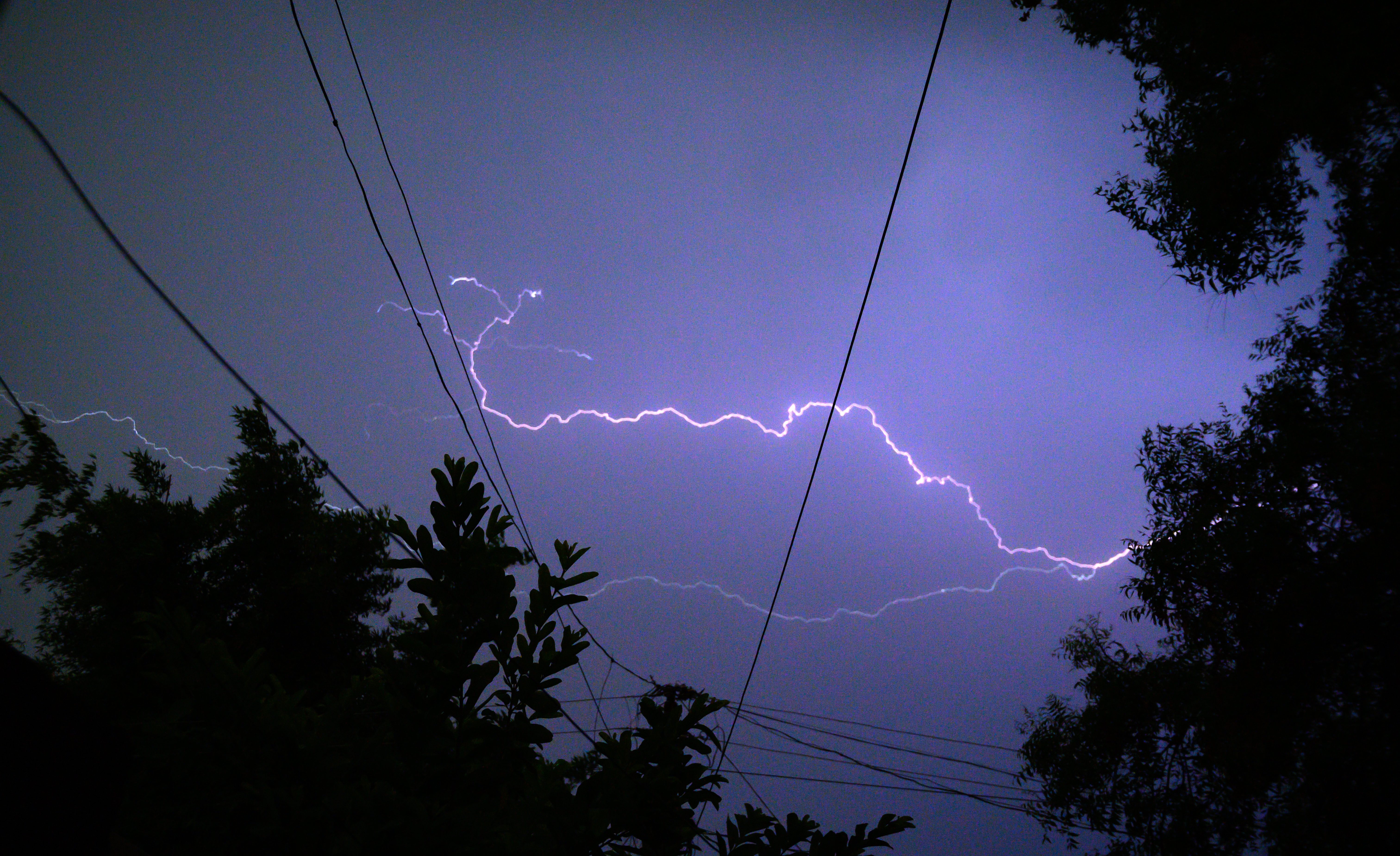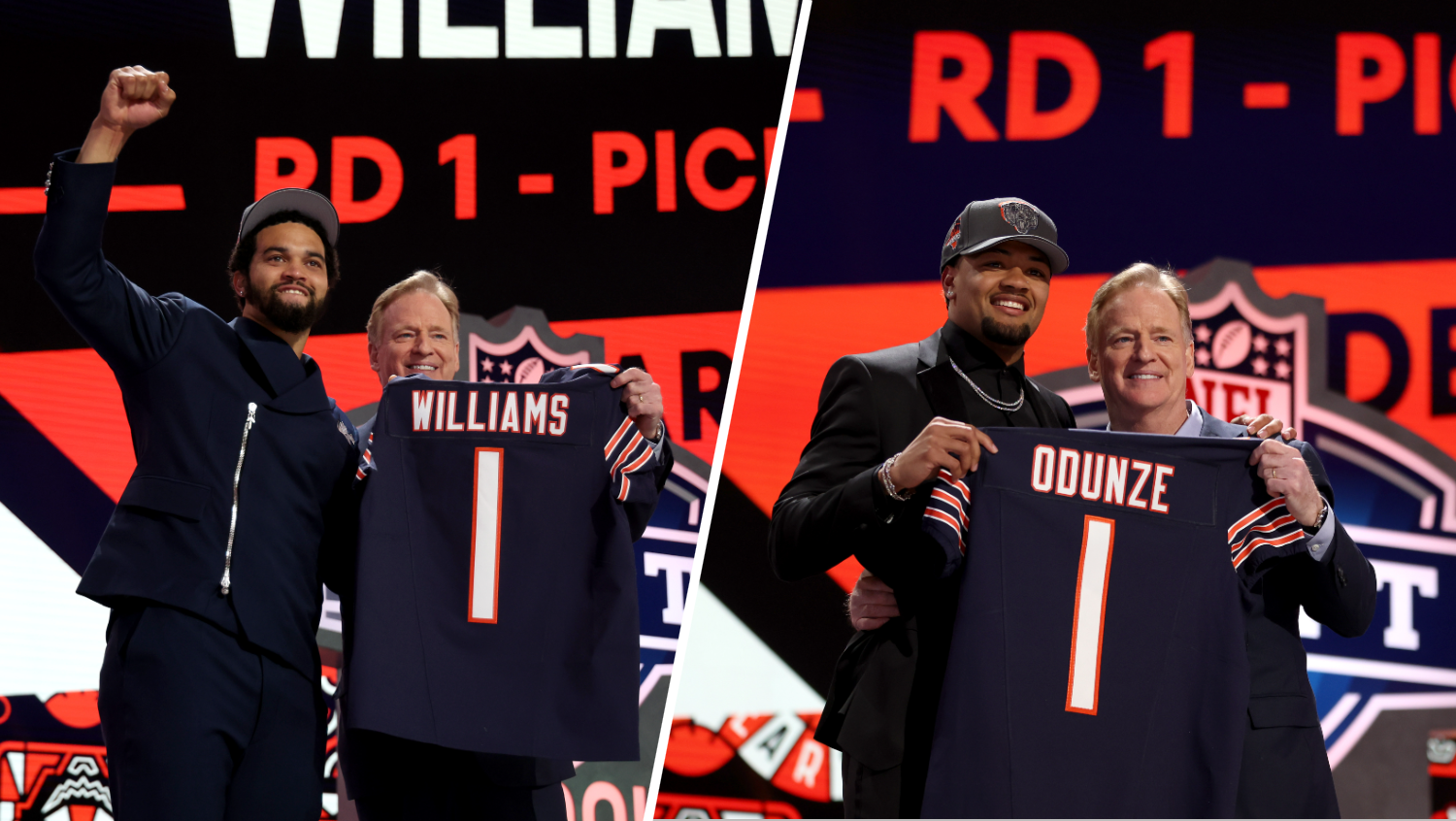Aurora mayor and Illinois gubernatorial candidate Richard Irvin says that he will not participate in the city’s Pride Parade next month, and that the city will withdraw its float after organizers asked participating police officers not to wear their uniforms or carry their service weapons during the event.
Irvin also announced that the city’s raising of the Pride flag, which has traditionally been done in conjunction with Aurora Pride, will now be an event held solely by the city.
“We have worked diligently for years to strengthen relationships between our police and the community without painting Aurora with the broad brush of a national narrative,” Irvin said in a statement.
Aurora Pride organizers had offered a compromise to police after announcing the decision to not allow officers to march while carrying weapons or wearing their uniforms, suggesting a “soft uniform” approach instead.
Feeling out of the loop? We'll catch you up on the Chicago news you need to know. Sign up for the weekly Chicago Catch-Up newsletter here.
Irvin says that police in the city rejected the proposal, and that he agreed with their stance.
“The impacted officers and the command staff of the Aurora Police Department are not in agreement with this, and I stand with our officers,” he said.
Organizers of the parade said that they had made the uniform and weapon requests because they wanted to make the parade “the most welcoming environment possible,” and said that “trust between police and LGBTQ people and people of color” is extremely low.
Local
“It’s been said that it’s unfair to paint all officers with the same brush, so to speak, and I couldn’t agree more,” organizers said in a letter to police. “Unfortunately, the reality on the ground is that there is a perception that though negative incidents with police are the result of a small number of bad officers, it’s not always clear that there is enough being done to address those officers’ actions.”
Organizers had said that police could participate if they were “wearing civilian clothes, (and were) clearly identified as law enforcement officers by signs, banners, t-shirts and the like,” but Irvin says that the city and police department rejected the proposal, blasting it as “exclusionary.”
“One of the basic principles of community policing is to have the police who serve in uniform represent the communities they serve,” he said. “Our LGBTQ officers, like most officers, do just that while regularly interacting with residents in their identifiable standard uniforms, not someone else’s narrowed view and censored definition of a ‘soft uniform.’”
Irvin said that police still intend to participate in other events and parades in the city, and said that none have expressed any concern about the participation of uniformed officers.



